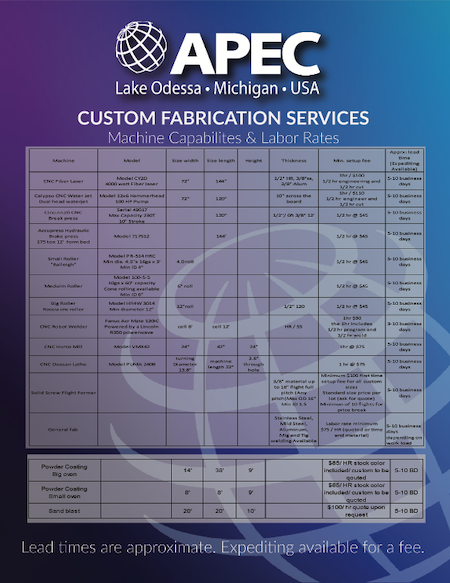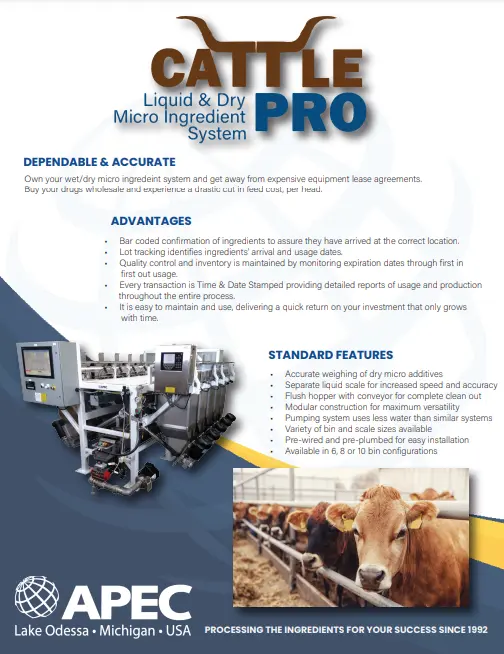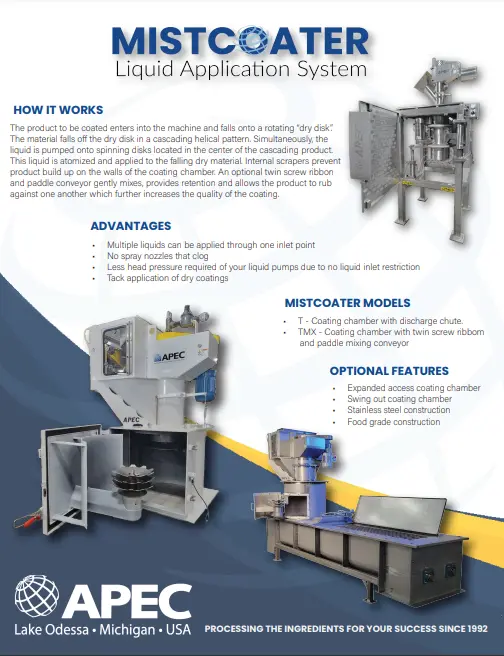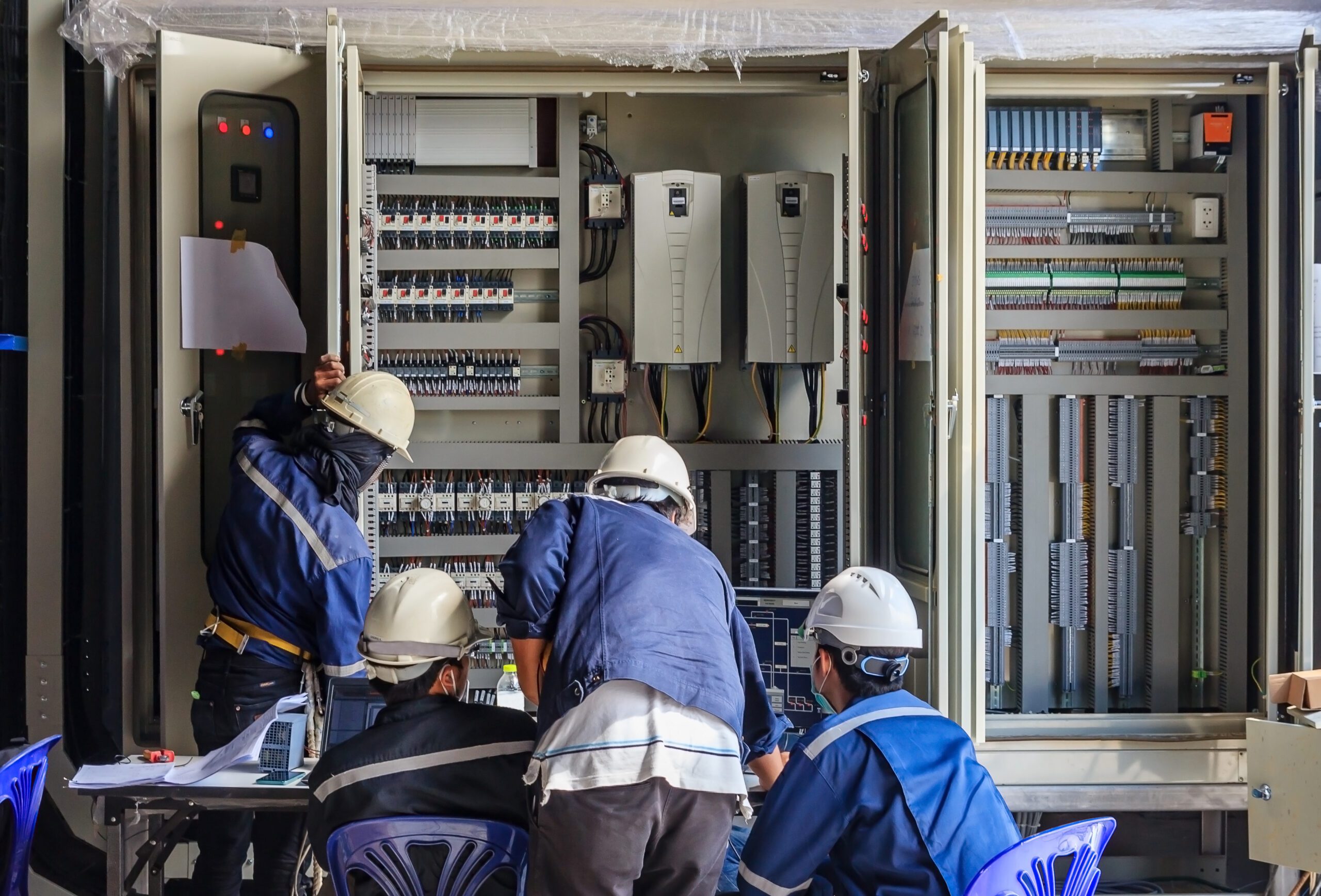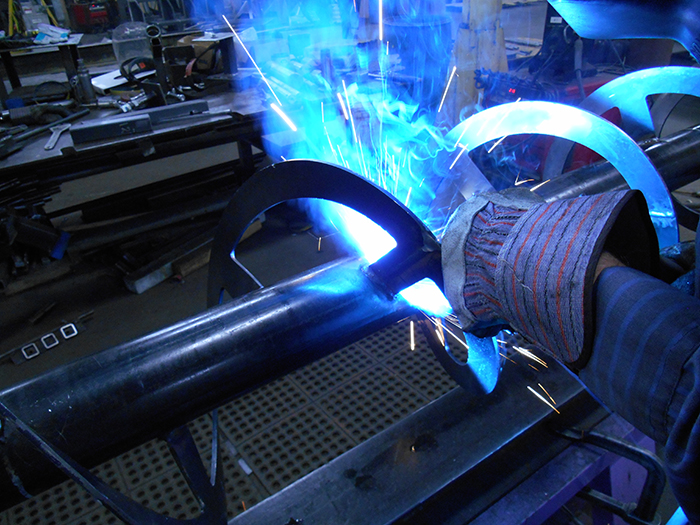
If you find yourself taking on more jobs than usual, expanding into new industries, or facing long lead times due to an increase in demand, you may wonder if it’s time to scale your manufacturing operation, and how to go about it. Should you expand your facility, workforce and equipment, or focus on outsourcing or licensing? Any of these can be viable options, with the right considerations.
Scaling Your Manufacturing Operations: Purchasing and Hiring vs. Outsourcing
Equipment Costs
As you consider how to scale your manufacturing operation, you may repeatedly run into an equipment bottleneck. Perhaps you don’t have the machinery necessary for a particular job, or you’ve had to make due with equipment that takes much longer to complete the job. You can add the new machine to your operation, or you can outsource to a manufacturing partner. The following considerations can help:
- Your Facility: Do you have the space and electrical output to safely run the machine? If not, outsourcing is a better option until you’re ready to scale your operations to a bigger facility.
- Talent: If you add the machine, will someone be able to use it effectively, or will you have to add new staff? If you don’t currently have an operator, your machine will be unused until you find one, or it may be misused by an inexperienced operator.
- Safety Requirements: Do you have the right safety equipment and protocols in place to run this machine? Consider personal protective equipment as well as equipment like dust management systems or fire suppression equipment.
- Use: If you add this machine, how often will it be used? If contracts requiring these machines are infrequent, you’ll save money and reduce risk by outsourcing. However, if you’re frequently slowing down operations or losing business because of lacking equipment, this may be a good time to scale your own operation.
- ROI: How long will it take for a machine to pay for itself? Does this make sense with the level of demand you have? Be careful to forecast accurately using the sales data that you have.
Training and Expertise
Many manufacturers are experiencing a skills shortage. Deloitte estimates there will be over 2 million manufacturing jobs unfilled between 2018 and 2028. Before scaling your operations, assess whether or not you will be able to find the workers that you need. As you consider how to grow your staff, or whether this will present a significant obstacle, consider the following options:
- Employment programs: Are employment programs, such as job skills training or retraining programs, available to you? Could you form a partnership with these organizations and attract new talent?
- Apprenticeships: Do you have talented staff that could effectively train others? In this case, an apprenticeship program may be highly effective in obtaining new workers.
- Temp workers: Could you grow your workforce slowly using temp workers in the interim?
- Competitive payment: Do you offer competitive wages, a positive work environment, and are you located in a desirable location? Consider all of these aspects, especially if you are recruiting workers from distant locations or looking for experienced workers, when advertising your job openings.
If these strategies aren’t viable for you and you’ve previously struggled to grow your workforce, outsourcing your manufacturing can help you scale your operations in the meantime. Ask your manufacturing partners about their staff, and the skills and experience that they bring to the table.
Safety Procedures
Though workplace injuries and deaths in manufacturing have declined in recent years, manufacturing is still an industry with high occupational injury and death rates. When considering scaling your manufacturing operation, it’s important to consider if you can do so safely. If not, outsourcing with another manufacturer is undeniably the better choice. OSHA fines are costly enough, but losing a worker to preventable hazards is far more costly.
When considering whether or not you can safely expand your operations, consider the following:
- Slips and Falls: slip and fall accidents are among the top causes of workplace injuries and deaths. This encompasses everything from catwalks without handrails to faulty ladders, slippery surfaces to stray electrical cords, or a lack of fall protection equipment when working from heights. If expanding your operation means introducing slip, trip, or fall hazards, it’s important to take great care in preventing these.
- Electrocution: When working with high-powered equipment, electrocution is a possibility. Ensure that a new machine is installed by a professional and regularly inspect electrical cords and outlets for damage. Be sure that your facility is securely grounded, especially in areas with sandy soils.
- Dust Fires and Explosion: Some dust and dirt is inevitable, and usually not a problem. However, if you are working with processes that frequently produce lots of dust, a dust containment unit is essential, not only for workers’ respiratory health, but also to prevent deadly fires and explosions. If dust is a problem at your operation currently, do not scale up operations until this problem is addressed.
Flexibility
Working with a manufacturing subcontractor can give you flexibility; you can expand operations when demand is high, and scale back during low periods. Permanently scaling your own operation generally means committing to a set production amount. If this production level isn’t met, it can mean losing money and overextending your resources.
If you are frequently getting more contracts than you can handle, it may be time to expand your operations. However, if any of the following are true, you may benefit more from outsourcing your manufacturing instead.
- Demand swings: Seasonal demand or sudden demand spikes can make it seem like business is booming. However, scaling up operations to meet infrequent demand can leave machines and staff idle and losing money. Increasing production with a manufacturing partner as needed will give you more flexibility.
- Unique jobs: If you sometimes need a machine that you don’t have or you’re facing a complex project, you’ll benefit more from outsourcing rather than buying expensive new equipment and training new workers. Until or unless this becomes a regular requirement for your operation, you’ll avoid risk by outsourcing.
- Unique markets: Working in new industries with new clients often means leveraging relationships with materials or components suppliers. Work with an experienced manufacturer as you enter these markets, though make sure you have clear partnership agreements that protect your new business.
Ask these questions as you consider scaling up your operations. Remember that it’s possible to slowly scale up as you expand your workforce or facility, and work with an outsourced manufacturer in the meantime.


